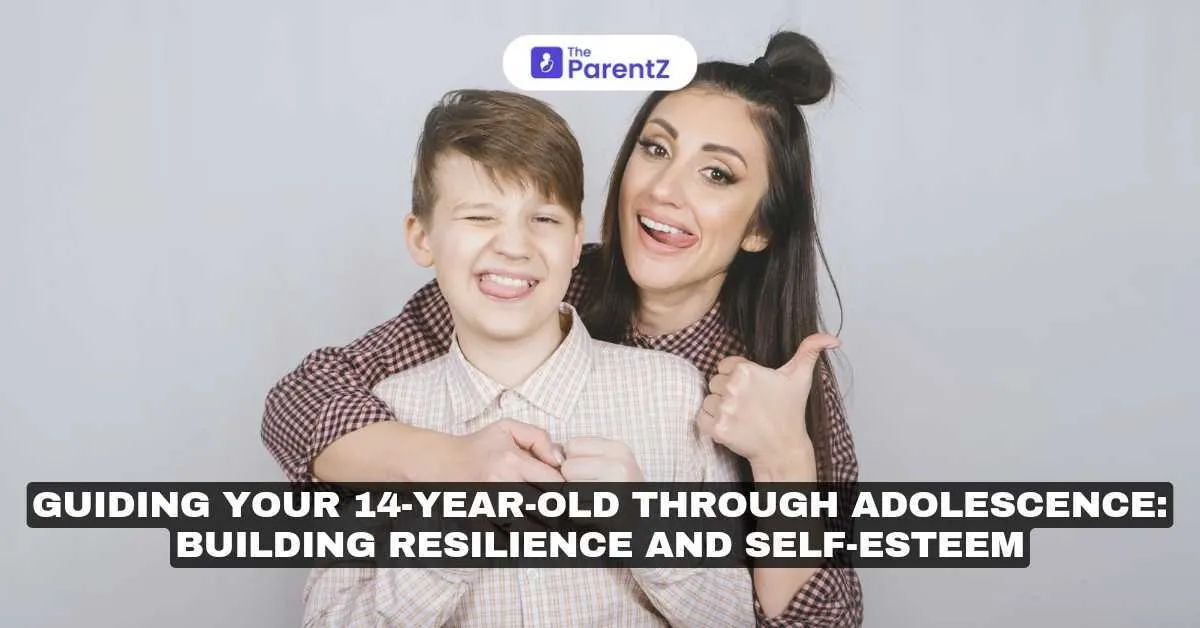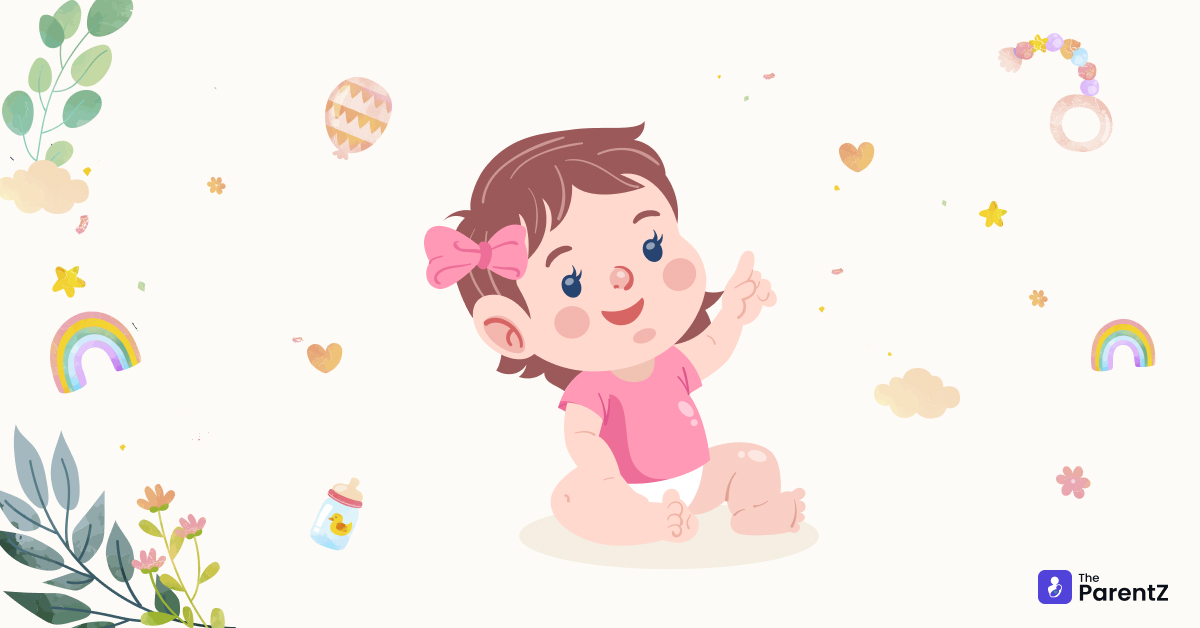At 14, teens are at the early stages of adolescence, a time filled with rapid physical, emotional, and social changes. Helping them build resilience and self-esteem during this transformative period is crucial. In this article, we'll explore key topics such as emotional intelligence, peer pressure, and the importance of self-care.
Emotional Intelligence: Understanding and Managing Emotions
Emotional intelligence is a crucial life skill that helps teens navigate the ups and downs of adolescence. At 14, teens are experiencing a rollercoaster of emotions, and learning how to manage them is essential.
Key Skills to Teach:
- Recognizing Emotions: Help them identify and understand their feelings. Journaling or talking about their emotions can provide a healthy outlet.
- Empathy: Teach them to consider other people's feelings and perspectives. Developing empathy helps in building stronger, more compassionate relationships.
- Coping Mechanisms: Introduce them to stress-relief strategies like deep breathing, mindfulness, or physical exercise to help manage intense emotions.
By building emotional intelligence, your teen will be better equipped to handle the challenges of adolescence.
Peer Pressure: Navigating Social Influence
Peer pressure becomes more pronounced as teens enter high school. Helping your 14-year-old develop the confidence to resist negative influences is key to their well-being and success.
Key Skills to Teach:
- Self-Confidence: Help them build a strong sense of self-worth, so they feel less inclined to seek validation from others.
- Decision-Making: Teach them to make choices based on their values, rather than succumbing to pressure from friends or social media trends.
- Saying No: Role-play scenarios where they might face peer pressure, and teach them how to assertively say no when necessary.
By empowering your teen to resist negative peer pressure, you help them stay true to themselves and make healthier choices.
Self-Care: Prioritizing Mental and Physical Well-Being
Self-care is often overlooked but is crucial for maintaining mental and physical health, especially during adolescence. At 14, teens are balancing academic pressures, social expectations, and the changes that come with puberty.
Key Skills to Teach:
- Physical Health: Encourage regular exercise, a balanced diet, and adequate sleep to support their growing bodies.
- Mental Health Awareness: Talk openly about mental health and help them recognize when they might need support, whether it’s through counselling or simply taking a break.
- Relaxation Techniques: Introduce activities like yoga, reading, or hobbies that allow them to unwind and recharge.
By teaching the importance of self-care, you help your teen prioritize their well-being as they navigate the turbulent teenage years.
Conclusion
Guiding your 14-year-old through adolescence is a crucial phase in their development, where building resilience and self-esteem plays a vital role. As they navigate the complexities of this transformative period, it is essential to provide a supportive environment that fosters open communication, encourages independence, and promotes positive coping strategies.
By recognizing their strengths, validating their feelings, and helping them set achievable goals, parents can empower their teens to face challenges with confidence. Encouraging involvement in activities that build skills, such as sports, arts, or volunteering, can also enhance their self-worth and social connections.
Ultimately, equipping your teenager with the tools to manage setbacks, embrace their individuality, and develop a growth mindset will not only enhance their resilience but also prepare them for a successful transition into adulthood. Remember, your guidance during these formative years can leave a lasting impact, helping them emerge as self-assured and capable individuals ready to take on life's challenges.









Be the first one to comment on this story.